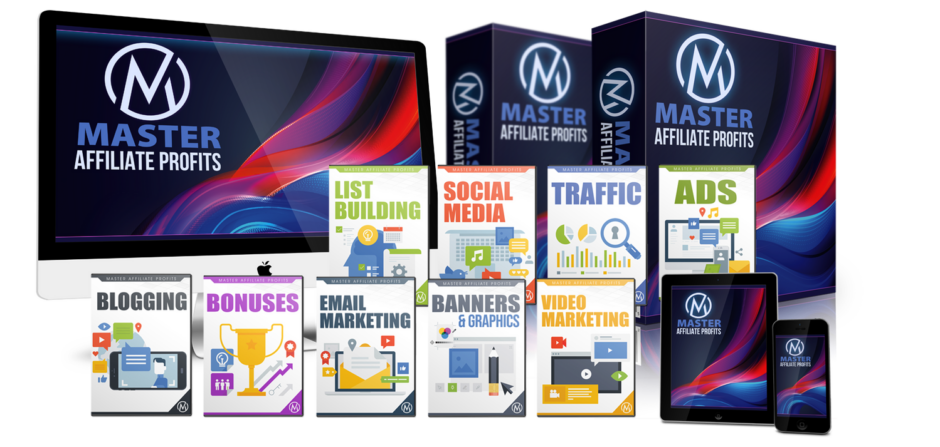Content marketing has become an essential strategy for businesses of all sizes in today’s digital landscape. It focuses on creating and distributing valuable, relevant, and consistent content to attract and engage a clearly defined target audience. The ultimate goal of content marketing is to drive profitable customer action. This article will delve into what content marketing is, its benefits, strategies, and best practices for creating compelling content that resonates with your audience.
What is Content Marketing?
Content marketing is a strategic approach focused on creating and distributing content that is not only informative and entertaining but also valuable to your audience. Unlike traditional marketing, which tends to be interruptive, content marketing aims to provide value first and build a relationship with the audience. The key is to produce content that addresses your audience’s needs and problems, guiding them toward a solution—your product or service.
Benefits of Content Marketing
- Builds Brand Awareness: Quality content helps position your brand as a thought leader in your industry, increasing its visibility and credibility among potential customers.
- Drives Organic Traffic: Search engines love fresh, relevant content. By optimizing your content for SEO (Search Engine Optimization), you can drive more organic traffic to your website, increasing your chances of turning visitors into leads.
- Improves Customer Engagement: Engaging content keeps your audience coming back for more. Whether it’s through blogs, videos, infographics, or social media posts, content marketing encourages interaction and strengthens your relationship with your customers.
- Generates Leads and Conversions: Effective content acts as a funnel, guiding potential customers from the awareness stage to the decision-making stage. Educational and informative content helps build trust, which eventually leads to conversions.
- Cost-Effective Strategy: Compared to traditional advertising, content marketing is more cost-effective. Once you create high-quality content, it can continue to bring traffic, leads, and sales without additional investments.
Key Content Marketing Strategies
To maximize the effectiveness of your content marketing, here are some strategies you should consider:
- Know Your Audience: The first step in any content marketing strategy is to understand your target audience. Create buyer personas to identify their needs, pain points, and preferences. Knowing your audience allows you to create content that resonates with them.
- Create a Content Calendar: A content calendar helps you plan and organize your content strategy, ensuring you consistently deliver relevant content. It also helps in aligning your content with business goals and important dates, such as product launches or seasonal promotions.
- Use Different Content Formats: Different people consume content in different ways. Some prefer reading blogs, while others might enjoy watching videos or listening to podcasts. Diversify your content formats to reach a broader audience and keep them engaged.
- Leverage SEO: Search engine optimization is crucial for getting your content noticed. Use keyword research tools to identify the terms your audience is searching for, and incorporate these keywords naturally into your content.
- Promote Your Content: Creating great content is only half the battle. Promote your content through social media channels, email marketing, influencer collaborations, and paid ads to reach a wider audience.
- Measure and Analyze Performance: Track the performance of your content using analytics tools. Monitor metrics like page views, engagement rates, click-through rates, and conversion rates. Analyzing these metrics will help you understand what works and what doesn’t, allowing you to refine your strategy.
Types of Content in Content Marketing
- Blog Posts: Blogs are the cornerstone of most content marketing strategies. They are great for improving SEO, driving traffic to your site, and providing in-depth information on a topic.
- Videos: Video content is becoming increasingly popular as it is more engaging and easier to consume. Platforms like YouTube, Instagram, and TikTok have made video a key element in content marketing strategies.
- Infographics: Infographics are a visual way to present data and information. They are highly shareable and can help simplify complex topics, making them easier to understand.
- eBooks and Whitepapers: These long-form content pieces are excellent for generating leads. They provide in-depth information on a topic and can be gated behind a lead capture form to gather contact information from potential customers.
- Podcasts: Podcasts allow brands to connect with their audience in a more personal way. They are perfect for people who prefer consuming content on the go and are a great way to build brand loyalty.
- Social Media Posts: Social media platforms are ideal for distributing content and engaging directly with your audience. Short posts, stories, and live videos can help keep your audience informed and entertained.
Best Practices for Content Marketing
- Focus on Quality Over Quantity: It’s better to produce fewer pieces of high-quality content than to churn out mediocre content in bulk. High-quality content is more likely to be shared, linked to, and ranked by search engines.
- Tell a Story: Storytelling is a powerful way to make your content more relatable and engaging. People connect with stories on an emotional level, which can lead to greater brand loyalty.
- Be Consistent: Consistency is key in content marketing. Whether it’s the frequency of your posts or the tone of your messaging, maintaining consistency helps establish your brand identity and keeps your audience engaged.
- Optimize for Mobile: With more people accessing content via their smartphones, make sure your content is mobile-friendly. This includes responsive website design, easy-to-read text, and fast loading times.
- Encourage User-Generated Content: Encourage your audience to create and share content related to your brand. User-generated content is authentic and can help build trust among your target audience.
- Update Old Content: Regularly update your old content to keep it relevant and valuable. Refreshing content can improve its search engine rankings and extend its lifespan.
Conclusion
Content marketing is more than just a buzzword; it’s a powerful strategy that can significantly impact your business’s success. By creating valuable content that meets the needs of your audience, you can build trust, drive engagement, and ultimately, boost your bottom line. Whether you’re a small business or a large corporation, implementing a well-thought-out content marketing strategy is essential for long-term growth and success in today’s digital world.
Investing time and effort into content marketing will not only help you build brand awareness but also establish a loyal customer base that values your products or services. Start small, stay consistent, and continuously refine your strategy based on what resonates most with your audience. This site may contain links to affiliate websites, and we receive an affiliate commission for any purchases made by you on the affiliate website using such links. Check Out Master Affiliate Profits Here: https://fredsmarketing.com/map



